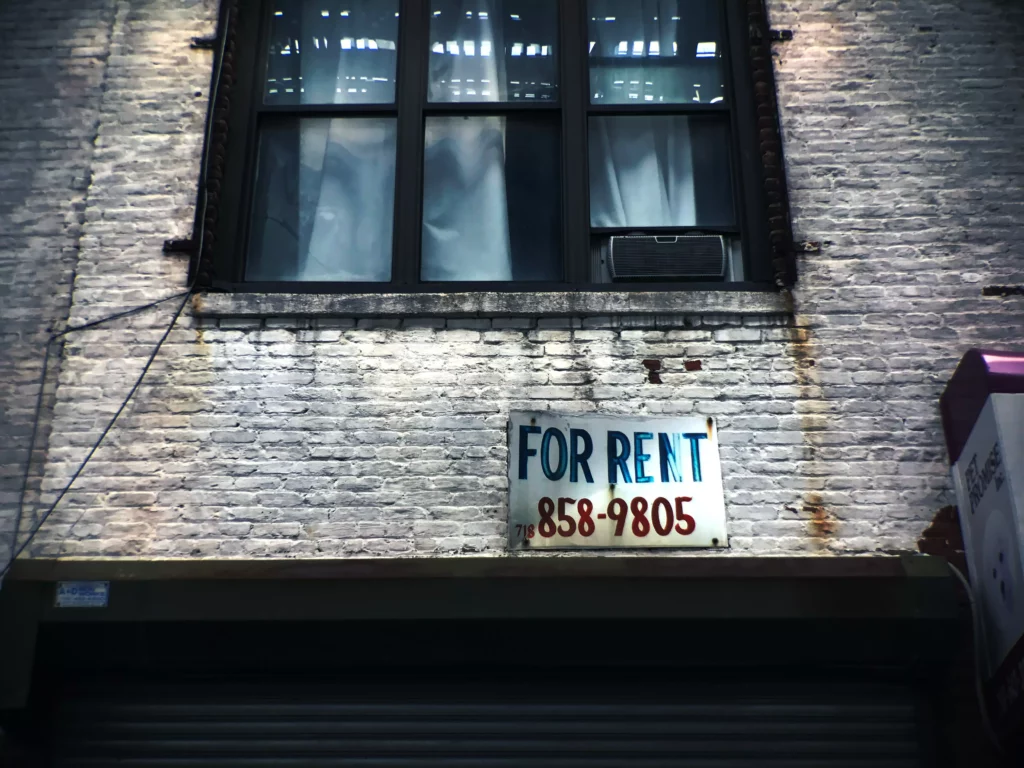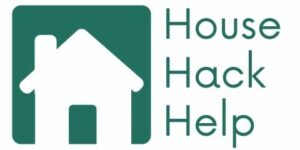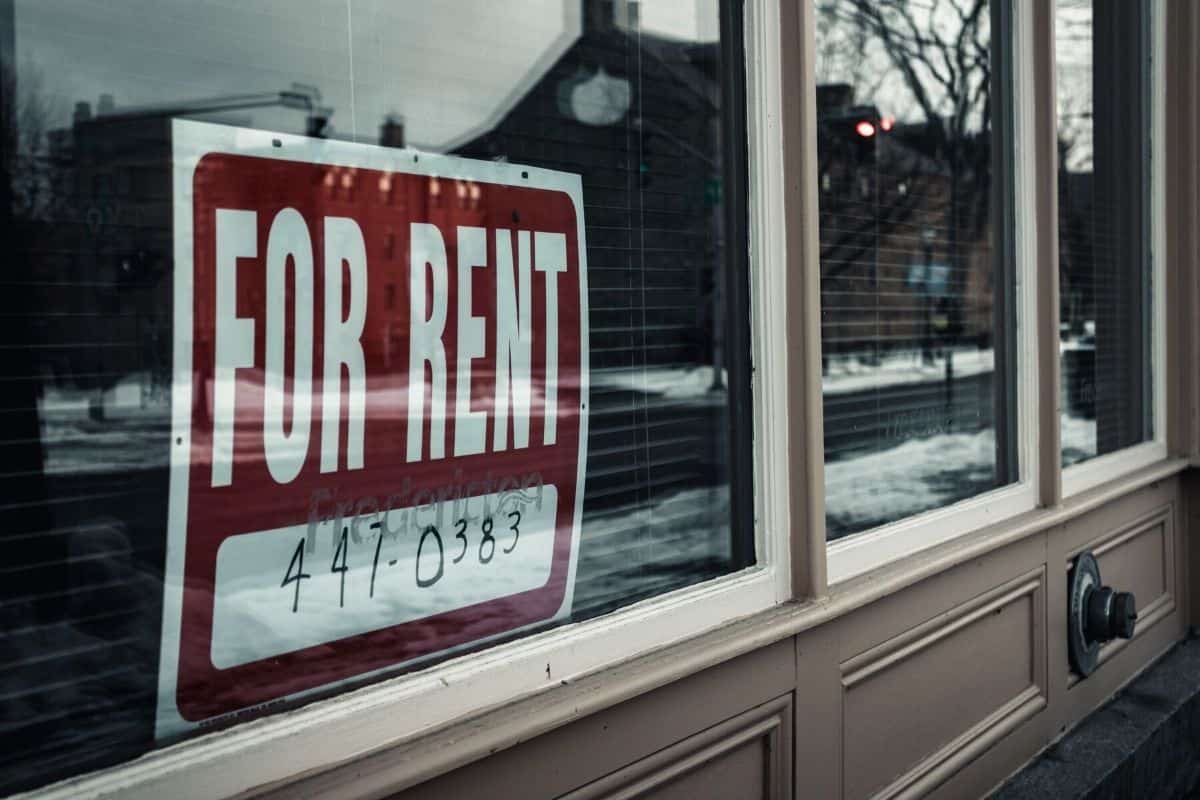Is House Hacking Ethical?
Yes, house hacking is ethical. So long as the house hacker maintains adequate housing standards like any other landlord should, house hacking is an ethical way to create flexible housing options.
That said, there’s a right way and a wrong way to house hack.
Thankfully, running an ethical house hacking venture should also be far more profitable long term than running a shoddy operation. Let’s discuss.
Good Landlords vs. Slumlords
Whether you are an ethical house hacker first starts with determining whether you are a good landlord or a slumlord.
A slumlord is someone who does not care for his or her property. When something needs to be fixed, the slumlord will wait as long as possible to fix it, assuming the slumlord ever fixes it.
The slumlord often tries to take advantage of tenants.
Slumlords might include predatory terms in their leases, or abuse existing housing laws to stall in response to legitimate tenant needs.
The equivalent of a slumlord for house hacking would be someone who breaks promises to his or her tenants.
Simply put, a slumlord is a terrible landlord.

To the contrary, a good landlord is someone who takes care of his or her property. That person responds to tenant needs, even if occasionally a bit unreasonable.
A good landlord puts his or her business reputation first, before short-term profits.
After all, with a good reputation, profits will follow in the long run.
A good landlord sets reasonable expectations for tenants and follows them him or herself.

Whether you’re a “normal” landlord or a house hacker, you’re ultimately running a business. Your tenants are your customers, and you wouldn’t want to treat your customers poorly.
When you treat your customers poorly, you lose in the long run.
When you treat your customers well, you win.
Creating More Housing Options
House hackers have a unique opportunity to turn a larger living space into something more flexible.
| Living in a Property Without Tenants | House Hacking |
|---|---|
| •Less efficient use of space •Less income for the owner •More expensive for all involved | •More efficient use of space •Creating additional housing where there once was none •Providing a more affordable housing option to buying or renting an entire single-family residence •Owner earns rent in the process |
This is not to say that house hacking is infinitely superior to all other methods. But, compared to keeping an entire single-family home for yourself, it is significantly more efficient for both you (the homeowner) and any potential tenants to increase the rentability of your home.
Not everyone wants or needs a 1,500 square foot apartment. Many people would prefer a smaller, cheaper housing option.
House hacking can help to fill this need.
It increases the utility of small multifamily buildings. Since most owner-occupied loans allow for purchasing multi-family buildings up to 4 units, this encourages the use and development of more multifamily housing.
Sometimes that might involve converting a large, inefficient single-family home into a duplex or triplex (so long as zoning laws allows for it!).
In any event, with more housing options online, this can help to lower rents in an area.
Additionally, house hackers can upgrade the existing housing supply.
Old homes that have fallen into disrepair can make for great house hacks with a little love.
Better yet, financing options like the FHA 203k loan program can allow house hackers to fund their rehab projects as well. You can read more about the FHA 203k loan program here.
And when otherwise damaged or uninhabitable properties re-enter the housing supply, a house hacker once again can create more housing options for than before.
House Hacking Expands Access to Homeownership
House hacking allows a potential homeowner to get a lot more out of a property.
Because a homeowner can produce income while simultaneously living in the property, that homeowner can afford to buy a larger property.
In that way, house hacking allows buyers to consider a wider range of housing options.
That 5-bedroom house that might have been too expensive without renting out a couple of the rooms suddenly can become that much more affordable.
Or that triplex that was out of reach can become a viable option when you factor in the rent the other units will bring in.
House hacking creates options for potential homeowners and tenants alike.
Playing the Long Game
Buy and hold real estate investing is a long-term game.
Whether it’s through house hacking or more “traditional” forms of investing, you’re ultimately running a business.
That business’s reputation is vitally important.
If your house hacking business’s reputation is poor, whether due to not maintaining a property or otherwise mistreating your tenants, you’ll hurt your profitability.
Tenants will be more likely to leave, you’ll be less likely to charge top rents, and you might even find yourself in court.
When given the choice between a good and a bad business, the choice is obvious for a customer.
Put another way, when given the choice between a well-maintained house with a good landlord versus a terrible landlord, who is going to make more money long term?
Taking the high road will always be easier and more profitable over the long run, even if it might not seem that way in the short term.
Is House Hacking Moral?
Yes, house hacking is moral, so long as you do it the right way.
Despite it’s seemingly nefarious name, house “hacking” is a legal, ethical, and effective way to build wealth in real estate. It’s no wonder so many people have started in real estate via house hacking.
When it comes to the morality of house hacking, it all comes down to the kind of business you run.
Treat your tenants well and keep your property in good shape.
They’ll treat you and your property well in return, or at least a whole lot better than if you treated them poorly.
If you run a shoddy or even predatory business, it will come back to bite you.
Otherwise, by providing more housing options than before, house hacking is a great thing for homeowners and renters alike.
This website, and any communication stemming from it, should not be taken as financial or legal advice for your specific situation. Consult directly with a licensed financial professional should you need investment advice and consult directly with a licensed attorney directly should you need legal advice. Assume all links are affiliate links. I am an Amazon affiliate.


